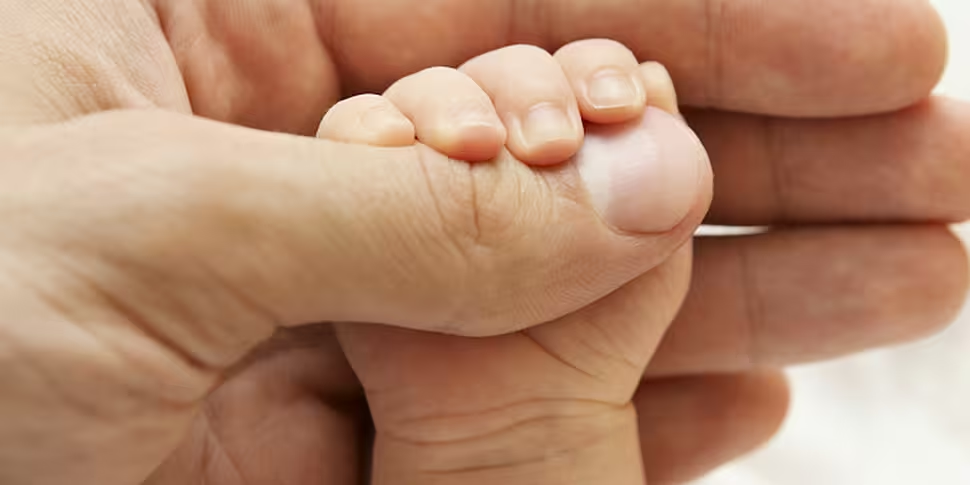MPs have voted to legalise the creation of IVF babies using DNA from three different people in order to prevent inherited diseases.
The decision was made in a free vote following a debate in the House of Commons, and allows the use of a technique called "mitochondrial donation".
MPs passed the new regulations under the Human Fertilisation and Embryology Act by a margin of 254 votes.
It means women will be able to have children without passing on serious and incurable diseases of the mitochondria, which are responsible for energy production in most cells.
Opponents had questioned the technique's safety and warned it could lead to "designer" babies.
But Professor Dame Sally Davies, England's Chief Medical Officer, argued ahead of the vote that the technique would prevent great suffering.
"The 37 genes in the mitochondria are for energy making. They do not make us who we are or what we are," she said.
"Yet children born with defective ones often don't live a year or two.
"Others get gradual deterioration of muscles, heart, kidneys, vision and brain and die in their late teens and early 20s."
Mitochondrial donation was pioneered by scientists at Newcastle University.
They proposed using standard IVF techniques to fertilise an egg from an affected woman and another from a donor.
They would then remove the nucleus - which contains 99.9% of the parents' DNA - from the affected embryo, and leave behind the defective mitochondria.
At the same time they would remove the nucleus from the donated embryo.
Finally, they would transplant the nucleus containing the parents' genes into the donated embryo, which would then be implanted in the mother's womb.
It is estimated that 2,500 women in the UK are affected by mitochondrial diseases and could use the technique.
The technique had already been cleared by scientific and ethics watchdogs. The public were also consulted and broadly supported its use.









